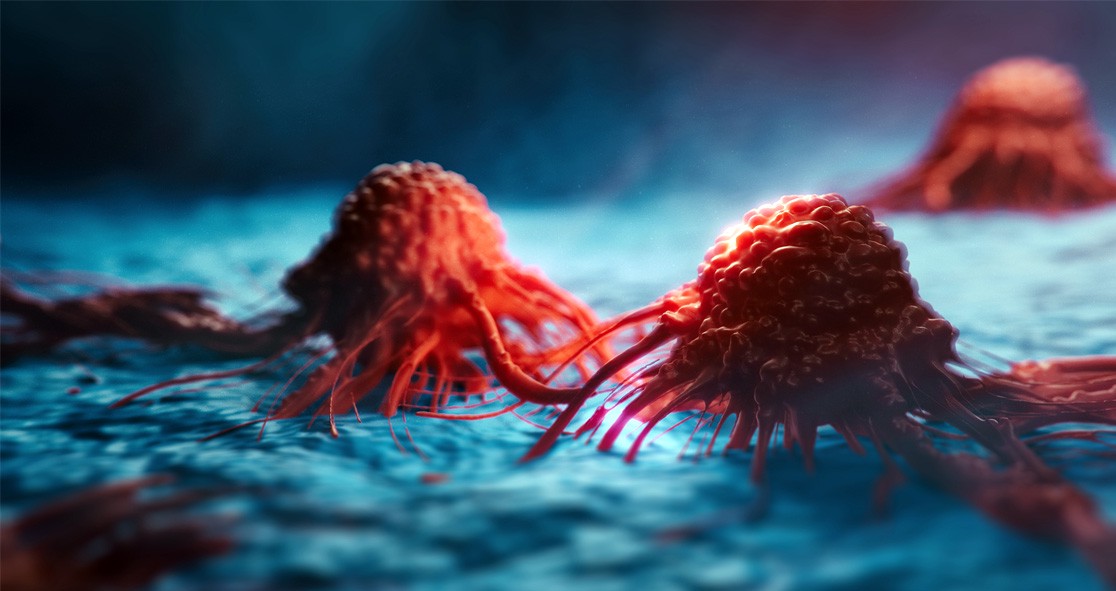Researchers at the University of Montreal have conducted a study that sheds light on a new mechanism of action of the cells, which could help prevent cancers, according to Medical Xpress.
The human body plays a key role in managing the waste that cells produce. And any defect in managing the waste can lead to cancer and neurodegenerative diseases.
The researchers, who published their study in Nature Communication, said any issues in the mechanisms of waste elimination could give rise to malignancy.
Lead author Dr. El BachirAffar and his team looked at proteasome, a tiny biological machine, which exists in every human cell. Proteasome plays a crucial role in breaking down and removing unwanted, malformed, or excess proteins. It also plays a key role in the normal functioning of the cells. However, the exact mechanism is still poorly understood.
Dr. Affar and his team discovered that this biological machine’s mechanism is important in maintaining the proper functioning of tissues and organs.
The team found that proteasome becomes abnormal in tumor cells, which suggests its importance in preventing cancer. Therefore, the study sheds light on many perspectives in understanding the functioning of normal cells and cancer cells.
Surgical oncologist Dr. Pierre Dubé said, “This discovery is very exciting. Dr. Affar and his team have discovered a new process that when faulty, can contribute to cancer. This opens the way to a new field of study and could lead to the identification of molecular targets for the treatment of cancers.”
Dr. Affar added, “Joining forces applies to proteasomes that unite to accomplish their mission on a microscopic scale, of course, but it turns out that this logic is also spontaneously applied at the scale of research teams and the scientific process.”
Dr. Affar and his team will now use cutting-edge tools and approaches to understand the biological function and mechanism of action of proteasome foci, according to Medical Xpress.
He said he hopes his team’s research will help improve scientists’ knowledge of the mechanisms of proteasome function in normal cells.
Highlighting the defects in proteasome could help develop better therapeutic targets for medical interventions to treat cancer.





















